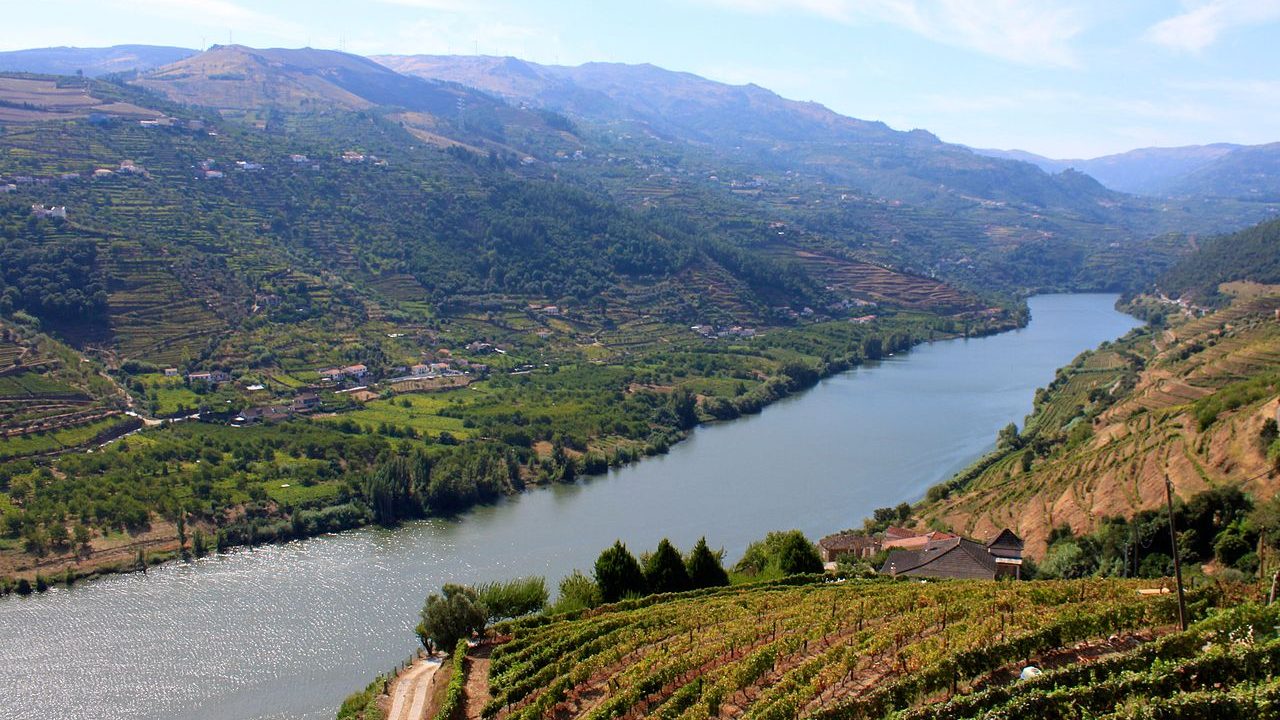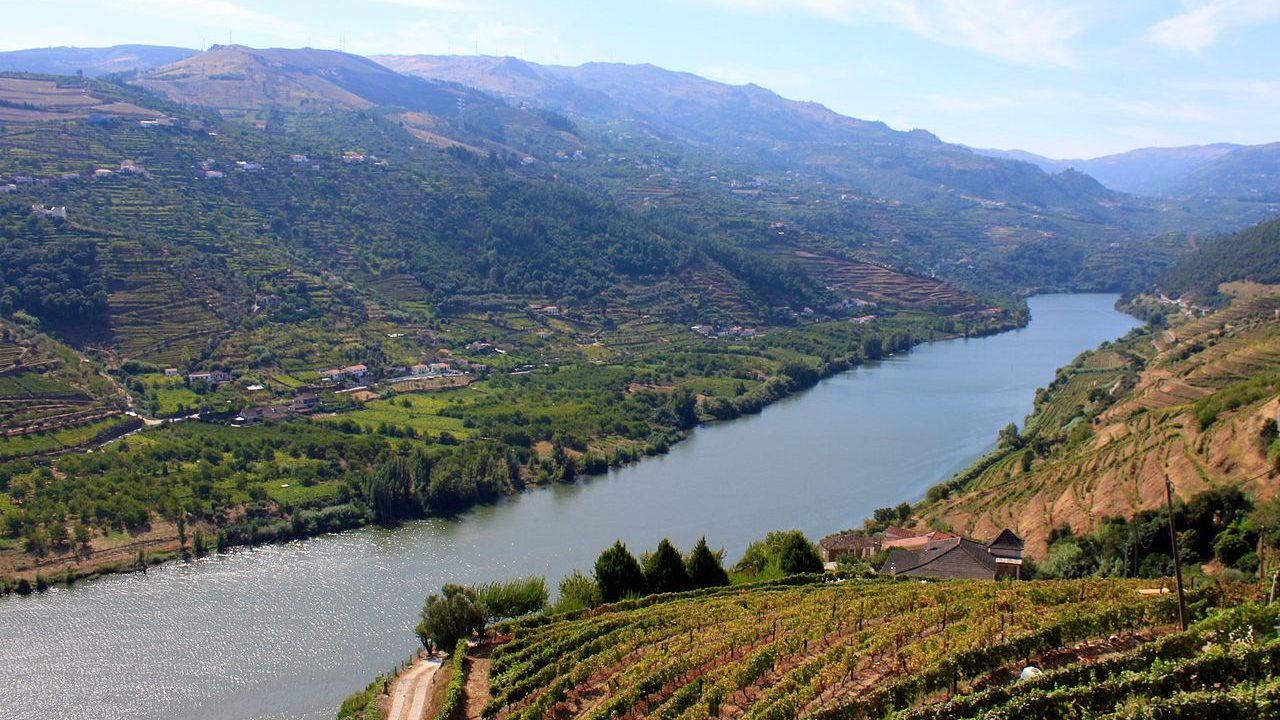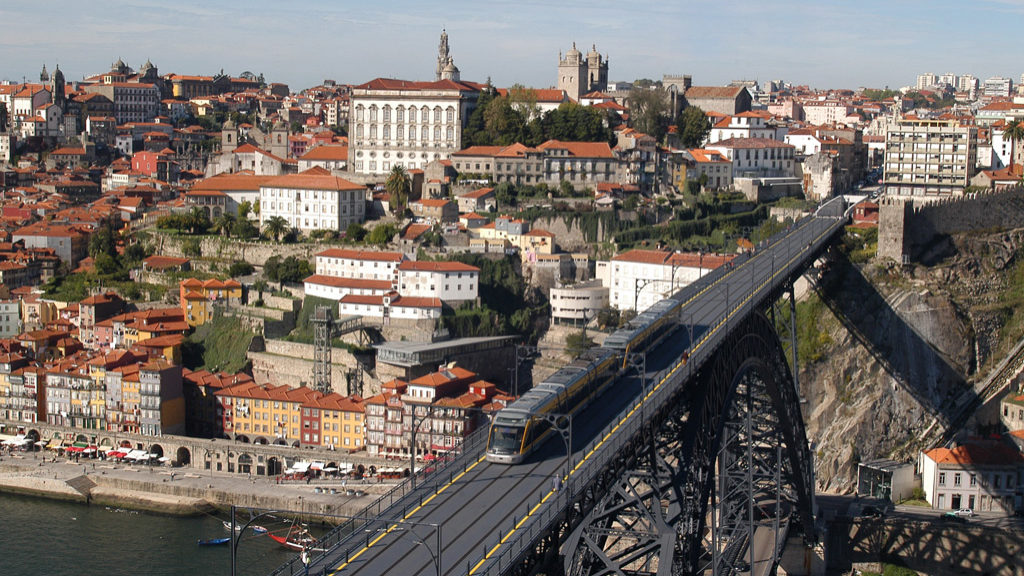Douro winegrowers desperate as costs rise
Winegrowers are complaining about the increase in the price of fertilisers, phytopharmaceuticals and fuel that make it challenging to work in the vineyards.
Douro winegrowers are complaining about the “abrupt” increase in the price of fertilisers, phytopharmaceuticals and fuel that make it challenging to work in the vineyards and those who do business with these products say that sales are declining.
In Alvações do Corgo, near Santa Marta de Penaguião, wine-growing is the main economic activity, but producers report increasing difficulties to keep working the land.
According to Abraão Santos, the value of the grapes produced “does not compensate” for the rise in the cost of production factors, from fertilisers to phytopharmaceuticals to fuel.
He added that a kilo of grapes “costs almost as much as a stick of gum” and, until the harvest, there are many times that one has to pass through the same vine.
“We are at a crossroads between maintaining and abandoning this heritage,” the 57-year-old winegrower, a native of this municipality in the UNESCO World Heritage Site, told Lusa on Friday.
Abraão Santos gave examples of price increases, such as for a herbicide.
“Right now, this 20-litre package costs just three times as much as last year. Last year it cost €65, this year it costs €185, and some sellers ask for €210. Some people say it’s because of the packaging. I’ve looked there for diamonds, but there aren’t any. It’s still plastic. I don’t understand this rise, it went up before the war, so it wasn’t because of Ukraine,” he stressed.
Then, he added, “fertilisers are doubled, with a 25-kilo bag that used to cost €8 and now costs €16”.
He has six hectares of vines where he says the family’s “sweat and leisure time” stays and says that the money he earns from his professional activity as a trainer is “to bury in the vineyard”.
“Having the vineyard is trying to keep it because this doesn’t give any income”, said his sister, Agostinha Santos, 66 years old and owns 22 hectares of vines in this municipality in the Vila Real district.
But this work, she stressed, “is not sustainable” because expenses increase, but the price of grapes does not.
“I notice the increase in expenses in everything. The labour has increased a little, the herbicides were a crazy thing, and diesel? I used to spend an average of €60 to transport my staff, and today I can’t do it for €90”, he stressed.
He added the cost of insurance, taxes, and vehicle tyres, among “many other things”.
“Do you know what 750 kilos of grapes are taken to the winery, and we’re given €320 for a white wine and €300 for a red one – and the treated (port) wine is even €10 less than the previous year. This is the height of it all”, he stressed.
In this region, the benefit, the amount of must that each producer can allocate to the production of Port wine, continues to be what “gives some relief” to Douro farmers.
Agostinha produces around 150 casks of wine, 54 of which are fortified.
If this work with no ceiling and no days off continues, the farmer says that “one day the farmer won’t even have enough to eat”.
Agostinha’s son is dedicated to wine-growing and also has a shop where he sells, among other things, phytopharmaceuticals and fertilisers, and said that many farmers have opted to reduce the treatments done on their vines.
“There has been a huge fall in sales, mainly in this last year, due to prices”, said Júlio Carvalho.
And this has been a gradual increase over the last two years, according to Carvalho, with suppliers justifying it with the “lack of raw materials”, the “increase in the price of plastic used in packaging”, and the “cost of transport”.
Prices, he said, have risen “abruptly” from one week to the next.
“And this can be seen in sales. The prices charged are unaffordable for our farmers”, he stressed.
He said sales of fertilisers and herbicides had fallen by “60%” in his shop.


